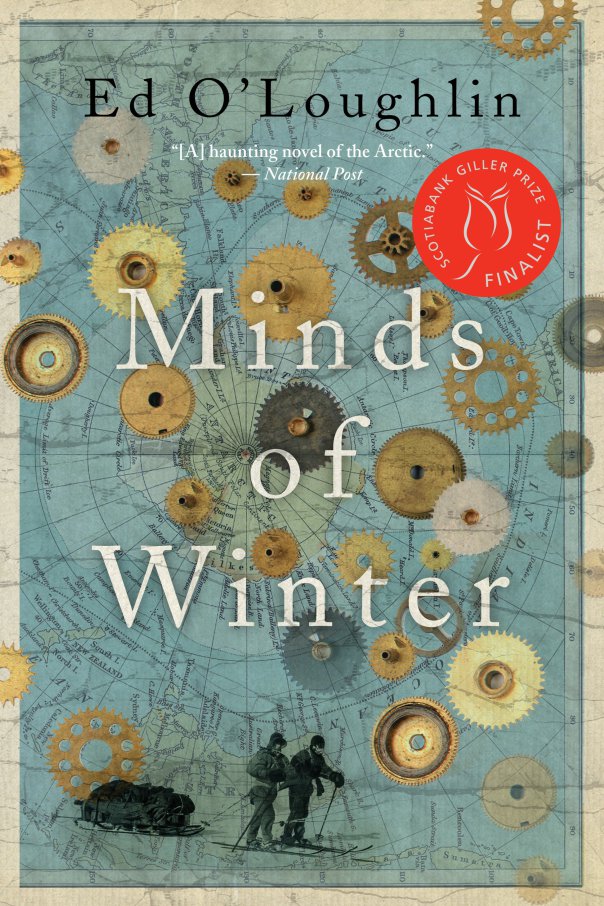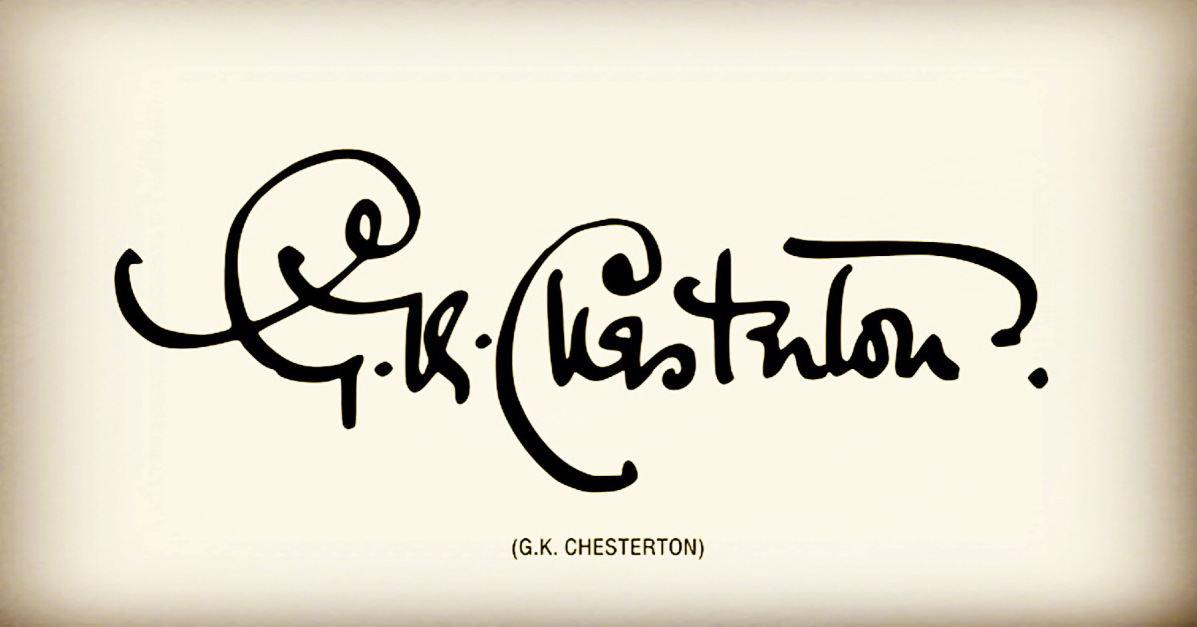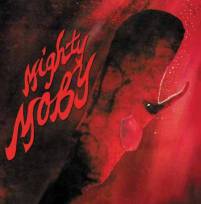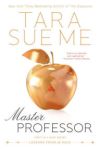
There is a certain mystery to the human condition. Time and place draws upon our psyche making us act in strange ways. And asking ourselves why we do what we do and why has a certain introspective beauty to it as well. And that is certainly the simple truth that Ed O’Loughlin documents in his complex novel Minds of Winter.
Page 4 North West Territories
They were driving on the sea ice a mile from the shore when a little brown creature ran out in front of them. It was heading out to sea, but the headlights confused it and it dithered in their beam. Nelson stood on the brakes and the car lurched to a stop, throwing Fay against her seat belt.
‘What is it?’ she said. And Nelson, who found he wanted to impress her, got out of the car and stood over the little animal. I had tied to hide under a tongue of drift snow but they could both see it plainly, the size of a hamster, its fur turned grey by the veneer of snow.
Nelson put on his gloves and picked it up.
‘What is it?’ she said again, and he turned and held it up to her.
‘It’s a lemming. They live under the snow.’
She joined him in the funnel of the lights. I’m standing on the open sea, she thought. It’s the Arctic winter, a month of night, and I’m standing on a frozen ocean, and that man is holding a lemming.
The little rodent stopped struggling and sat quiet in Nelson’s palm, its nose twitching, staring at her with tiny black eyes. She reached out her hand then quickly withdrew it.
’What`s it doing out here on the ice?’
‘I don’t know.’ He turned a full circle, studying the problem. A mile to the south the North American mainland came to its end, a low snow-covered hump on the snow-covered sea. A timber fishing cabin, shuttered for the winter, sat on its edge, the only visible detail. To the north the sea ice stretched off to infinity, its snow carved by wind into motionless ripples. But there was no wind today, just a tremendous cold, silent apart from their idling engine.
I keep forgetting my own rule that good books should be read in quiet, reflective moments and they should be pondered over. As award season came upon us readers, I rushed out to buy this book and began to read it. But as I rushed through the second chapter, I began to have my doubts that book was worth my time. I threw it in my back thinking I would try it later. My week became even more busy and this 474-page volume always was popping up in my way – in my book bag, on my desk, in my bed – and I finally decided to find a quiet few moments and read this book. I am glad that I finally took the time to properly read and admire it.
Pages 66-67 Lancaster Sound 1848
This private letter is intended only for you eyes, and for our friends in Room 38, so I shall not trouble here with any detailed account of the ruin of the North West Passage Expedition. You will find all you need on this point in the papers of Erebus and Terror, which I ordered Captain FitzJames to inter in the cairn at Point Victory after we gave up our ships. I also include with this letter some surplus instruments that I took from the ships and that I believe might be useful to Room 38. It is to be hoped that my whimsical cairn, built of food tins and gravel, will preserve them intact from the cold and the damp. I have little doubt, James, that you will be the first to come and search for us, and thus the first to open my cairn on Beechey Island. Perhaps you are already near, leading the search for your old friends and shipmates. I wish that I could wait for you, but an opportunity is afforded to me to make a great journey, and if I do not seize it now it will not come again.
To explain myself I must begin with a singular event that occurred in April of this year, but of which you will find no mention in the logs of either ship: I was careful to omit it from my own records, and by that time Captain FitzJames, having become as disordered as most of the men, had ceased keeping his own. We had just passed our second winter beset in the ice off King William Land, stores were running low, game could not be found for hunting, and the crews despaired of the ice ever breaking. The men were near mutiny, and disease and scurvy had reduced our numbers to only one hundred. Our ships no longer kept naval watch, except for a few good men who could still be trusted to stay on deck to keep a look-out. thus my boatswain was alone on deck on the evening of April 18th when I heard him hail me as I worked below on my magnetic records.
There are several different narratives that occur in this book but the beauty of the story is the draw of the Arctic to people. There is a lure of exploring the tundra in the cold winter darkness that is almost undefinable. Is there something in our nature that calls to us for the solitude and emptiness of the north? And is that draw fatalistic for us? O’Loughlin’s well-crafted words explore that mysterious concept in rapt detail in several of the stories.
Page 367 Fort McPherson, North West Territories, July 1931
His sisters had made him paddle to bring on his first long canoe trip. He dipped it in the water a few strokes at a time, aping the motions of his mother in the prow. The swarming black flies had driven them from the slack water under the bank and his mother strained against the strong current mid-stream. From time to time, switching sides with her paddle, she would glance back at her son, sat up on their bundle of furs. His efforts with the paddle threw off her rhythm, dripped water on their cargo, but she never complained. This was how he would learn.
It was just past noon and the day was hot. The canoe came around a wooded bend and there at last was Fort McPherson, a few tin and shingle roofs on a ridge above the Peel. His mother, who had never been this far south before, rested her paddle, looking for a gap in the alders which grew on the riverbank under the ridge.
The sun smoked off the water, and as the canoe turned broadside to the current the child glimpsed a shape in the heat-haze. It might have been a waterbird holding its wings out to dry, or a sail boat with only its upper sails spread, but as his mother started paddling again the shape turned into a raft made of logs lashed with willows. On it stood a man with a long-handled paddle. He was a white man – his blond-brown hair showed this from tow hundred yards away – but he was travelling light; the boy could see a burlap sack tied to his back but there was no gear on the raft, ono pack or rifle, not even an axe.
Ed O`Loughlin has certainly crafted a great piece of literature with Minds of Winter. Readers should not race through this hefty book but appreciate the tones and the mysteries of the human condition that he documents in it. In short a worthy read done in a few reflective moments.
*****
Link to House of Anansi`s website for Minds of Winter
Link to Ed O’Loughlin’s website
Share this:- More





